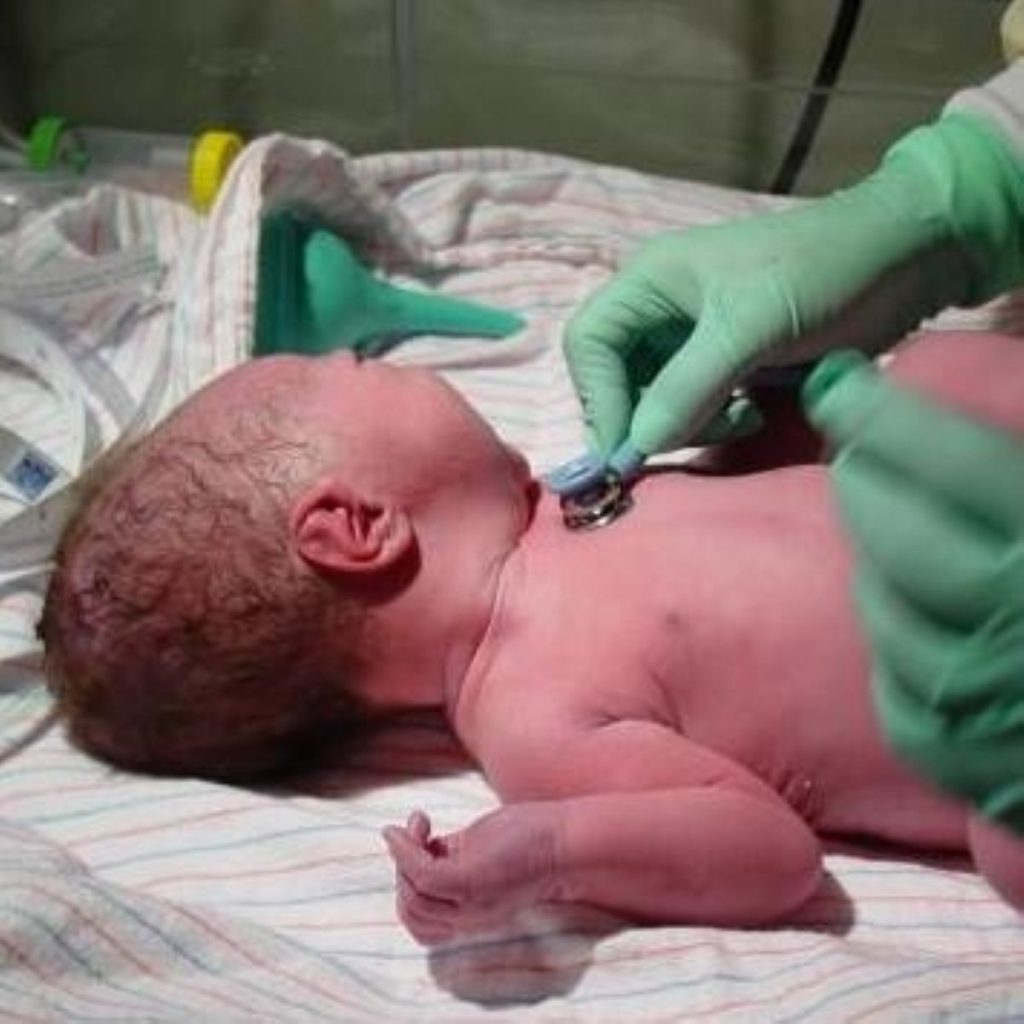UNICEF reveals hidden extent of infant deaths
Infant mortality rates in parts of eastern Europe and the Commonwealth of Independent States are much higher than official figures have long claimed, according to a new report by UNICEF.
UNICEF has found that in some countries deaths among the under-ones were four times higher than the official counts.
“Our research shows that infant mortality is a far greater problem in these countries than suggested in the official data,” said UNICEF executive director Carol Bellamy.
“We have looked beyond the official statistics and talked to mothers in their own homes. And their stories reveal a child survival crisis.”


Ms. Bellamy also pointed out that getting accurate statistics was a crucial step in being able to address the problem, by making governments, health workers, and parents aware of the risks and the need for action.
UNICEF’s Social Monitor covers 27 countries in central and eastern Europe, but this year’s report focuses particularly on the eight countries of the Caucasus and central Asia – Armenia, Azerbaijan, Georgia, Kazakhstan, Kyrgyz Republic, Tajikistan, Turkmenistan, Uzbekistan – as well as Romania.
The infant death rate in those countries is five times greater than in the rest of the area covered by the Social Monitor, and 12 times greater than in western industrialised countries.
Even according to the official figures, at least 60,000 babies died before their first birthday in 2001 – three times the number of infant deaths that were reported in the EU, which has a similar birth rate.
And the research suggests that most of the deaths are preventable because they are related to poverty, poor maternal health, poor nutrition and a lack of decent medical care. .
The problem with the statistics arises from three main factors: inadequate systems for birth registration, deliberate misreporting by hospitals, and the definition of ‘live’ birth.
The World Health Organisation classifies a baby as having been alive if it has a heartbeat. But in many countries the sign of life is a child’s ability to breathe, while many premature children who die within a week of birth are also not counted as every having been alive.
UNICEF has called for an end to such practices, and for improved training for medical staff, and incentives for parents to register births.












